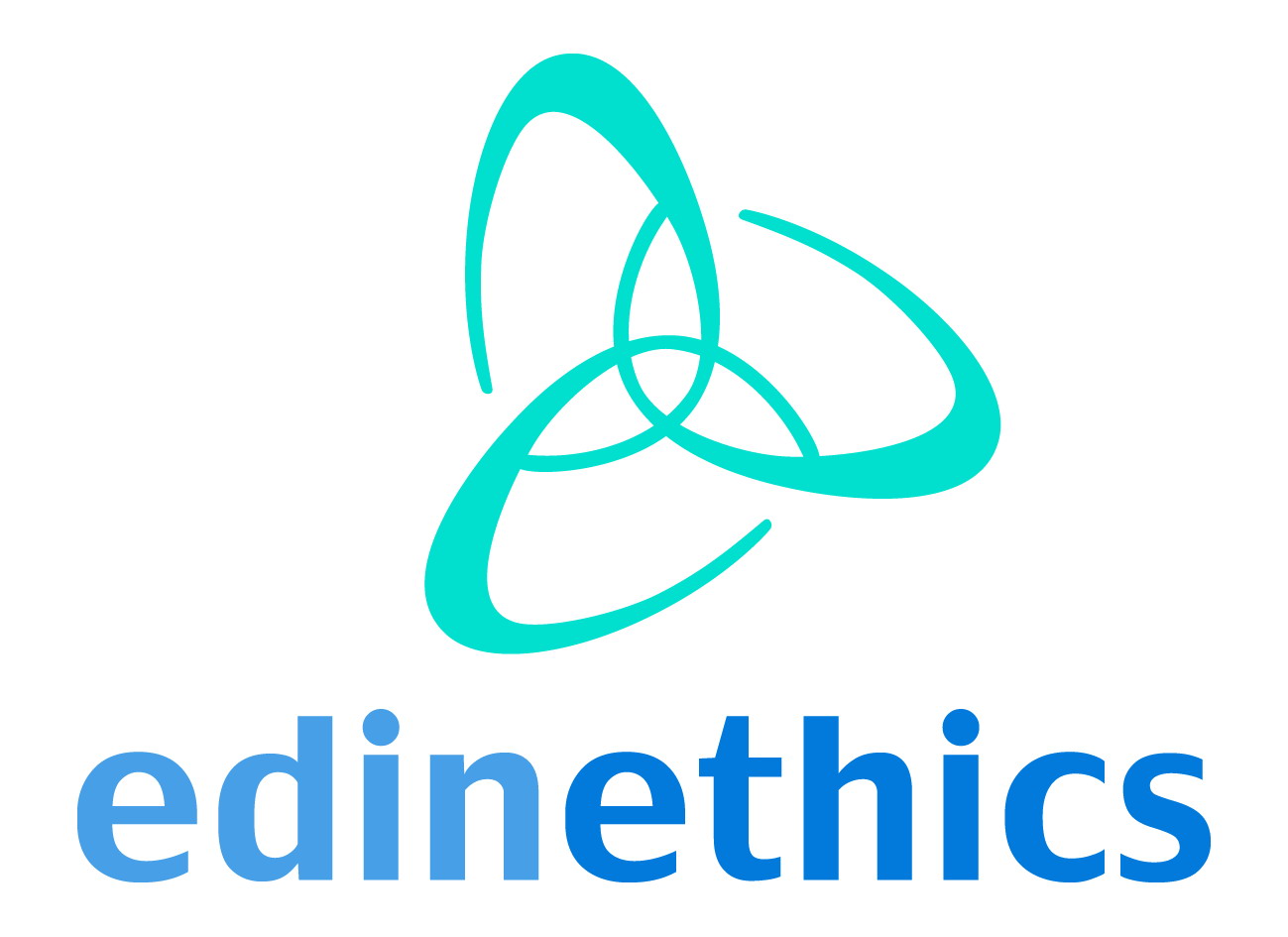Nano-what ...?
Nanotechnology is a popular, but often misleading, label which is given to a wide range of emerging technologies which scientists are developing at an ultra-small scale. These have become possible because of the ability to measure and manipulate matter at the level of atoms, molecules and living cells. All sorts of applications are possible in a wide range of areas - medicine, materials, energy, electonics, textiles, food, cosmetics, environmental monitoring - just to name a few.
In fact the applications are so wide and varied that it's wrong to think of a 'thing' called nanotechnology. It's nanotechnologies, plural. They can be as different as solar panels and sunscreen, food packaging and diabetes monitoring. Some of it encompasses existing science, like the surface properies of catalysts, the small particles used in sunscreen, and natural things. Milk, for example is a colloid - a suspension of small particles in water which stay suspended and never settle out - which contains some
particles right down to the nanoscale - a millionth of a millimetre.
Reality check!
It is easy to be carried away by the "gee-whizz" story of nano. Already over 1500 consumer products using nanotechnology in some form have been listed by a survey by the Woodrow Wilson Center. But many of the really exciting ideas are still future hopes, because much of the science is still at the stage of basic research, or simple laboratory demonstrations under ideal conditions. To turn these into reliable clinical therapies, viable devices and economic materials is often a long way
off. Many of the simulation videos which show nano-particles like miniature spaceships, travelling through the bloodstream to deliver a specific dose of a chemical to destroy a cancerous cell, are more sci-fi than sci-fact at the moment! But the implications are indeed far-reaching. Which is why we need also to consider the ethical and social implications, and decide as a society whether there are some things which we could do in future which we should not do.
|
What Nanotechnologies may do
In medicine, there are a wide range of applications. Nanoscale manipulation of materials is enabling some processes to be reduced to such a small scale that a single spot of blood could provide enough for your family doctor to do a genetic analysis to tell her what antibiotic suits your genetic makeup best. Nanoscaling imaging is enabling doctors to see what happens down to individual cells, which could be vital for understanding disease. Potentially we could make tiny devices which could monitor key body
parameters and transmit these to a hospital enabling a patient to go home earlier after surgery. One goal of nanomedicine is to create 'smart' nanoparticles which can locate cancerous cells, distinguishing them from healthy cells, and enabling them to be destroyed and eliminated.
They offer new materials. Nanotechnologies could take a miniaturising process like printed circuits still further. They could eventually lead to the crucial breakthrough in efficiency in solar electrical panels which would make them economic in general domestic use, and maybe enable hydrogen powered fuel cells the normal power supply for road vehicles.
At the atomic level, remarkable new properties emerge, for good or ill. There is a need to test for any adverse health or environmental effects of nano-scale particles for example. New things could also be done - such as constructing small devices from atoms and molecules upwards
|
